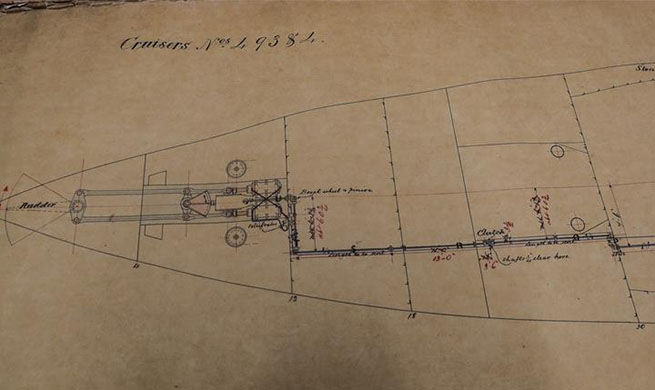TOKYO, Dec. 11 (Xinhua) -- The Japanese government on Tuesday said that it will provide free rubella vaccinations for three years to males who were not vaccinated in their childhood.
The move from the government comes amid an outbreak of the disease that could see foreign visitors to Japan and the tourist industry here severely hampered, with concerns growing about overseas visitors attending the Rugby World Cup in 2019 and the Olympic Games a year after.
The number of rubella patients in Japan has reached 2,454 this year. This figure has topped the figure for 2012 when there was a previous outbreak.
"We have compiled the additional measure for the safety of the people. We will help municipalities organize antibody tests and vaccinations," said Health Minister Takumi Nemoto.
As a result, the government will offer antibody tests free through March 2022 for men aged between 39 and 56 who were not vaccinated when they were younger under state medical practices.
The U.S. Centers for Disease Control and Prevention raised its alert level for the rubella outbreak in Japan to Level 2, just one level lower than its highest level of 3.
The center warned that pregnant women should not travel to Japan unless they have been vaccinated or previously infected.
There was a major outbreak of the virus in Japan with more than 16,000 people being infected in an epidemic between 2012-2013. Of the 45 babies which developed congenital rubella syndrome, 11 of them died.
In light of the latest outbreak, the institute has voiced its concerns that the viral infection, which can often be transmitted through coughing and sneezing and is also known as German measles, could affect the Tokyo Olympic and Paralympic Games in Tokyo in 2020.
The National Institute of Infectious Diseases (NIID) is urging people, particularly men in their 30s to 50s, to get vaccinated.
So far, the institute said, vaccinations of this demographic have been insufficient, most likely because these men did not have adequate vaccination shots when they were children, or were not vaccinated at all.
The cause of rubella is a highly contagious virus that can be passed from person to person when an infected person coughs or sneezes, or it can spread by direct contact with an infected person's respiratory secretions, such as mucus.
It can also be transmitted from pregnant women to their unborn children via the bloodstream.
There can be serious health implications if the disease is contracted by women in the early stages of pregnancy as it can cause serious birth defects such as heart disorders, hearing impairments, cataracts, growth retardation and intellectual disabilities in babies.
The institute says that women who are planning to become pregnant should receive a vaccination followed by a booster shot.













